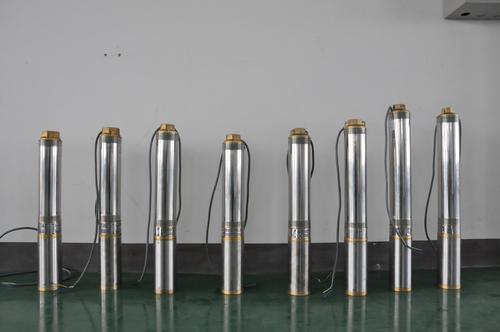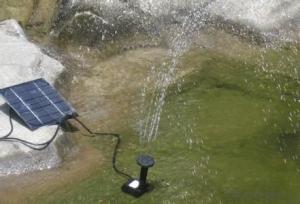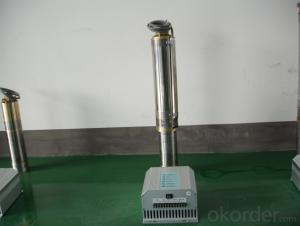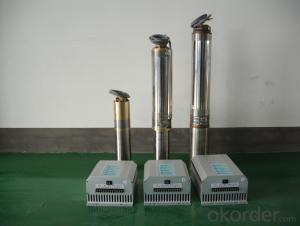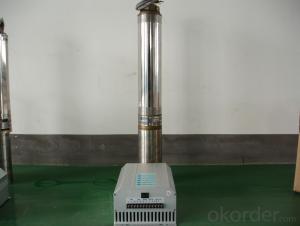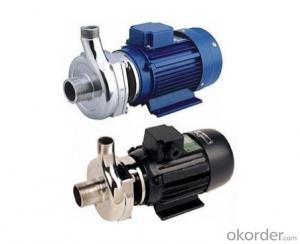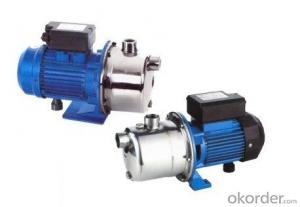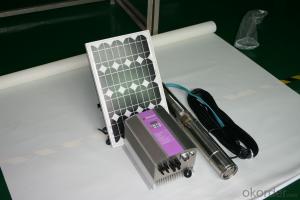Small Pond Solar Deepwell Water Pump
- Loading Port:
- Shanghai
- Payment Terms:
- TT OR LC
- Min Order Qty:
- -
- Supply Capability:
- 300 set/month
OKorder Service Pledge
Quality Product, Order Online Tracking, Timely Delivery
OKorder Financial Service
Credit Rating, Credit Services, Credit Purchasing
You Might Also Like
how is the rotor made:
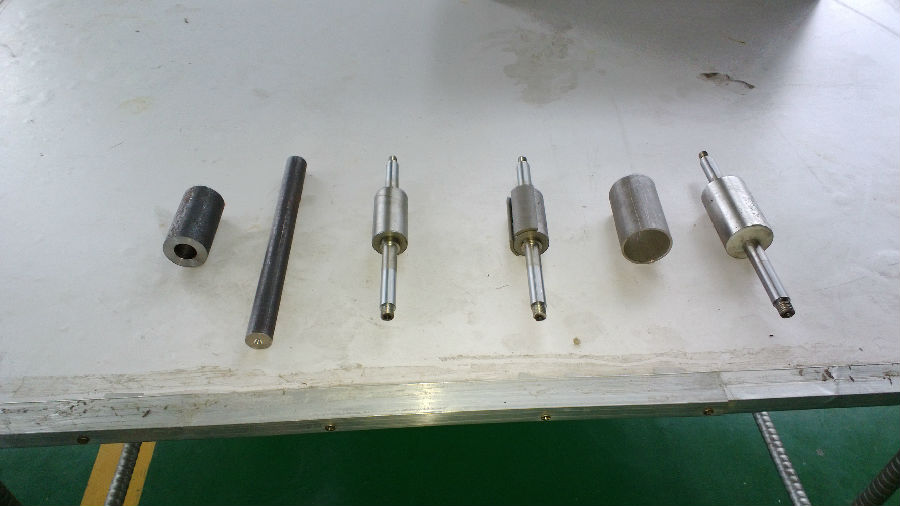
how is the motor made:
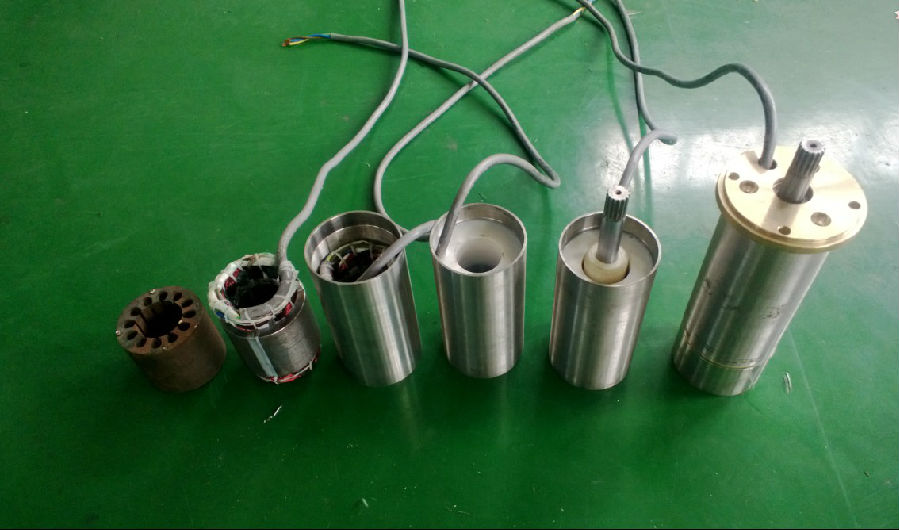
the pump :
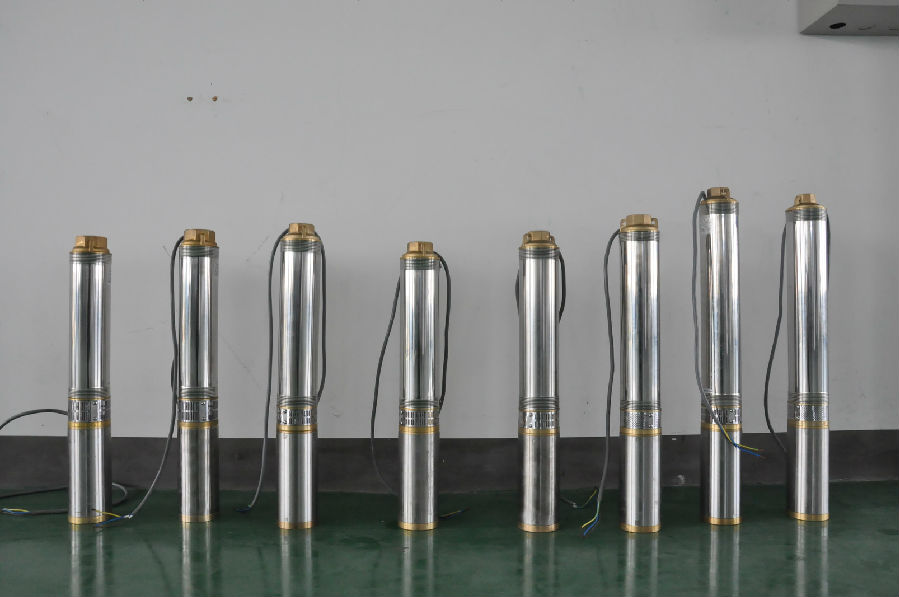
controller terminal connection:
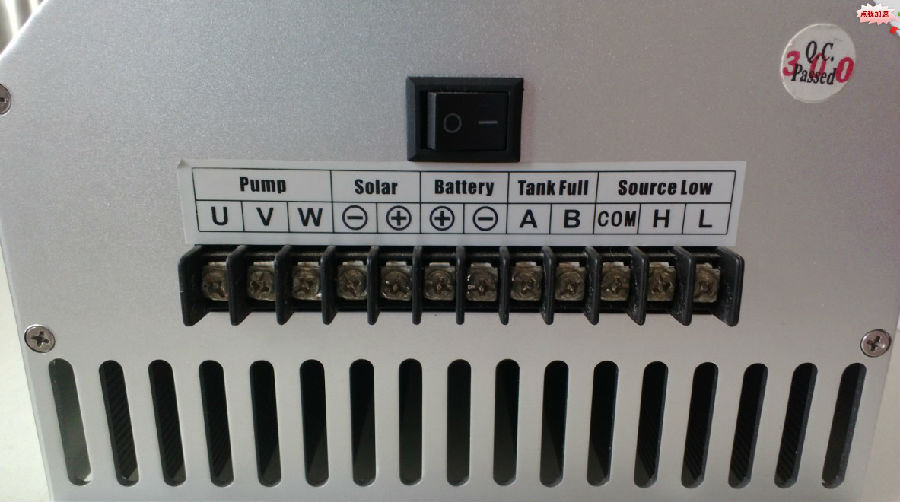
The permanent magnet:

the impeller:
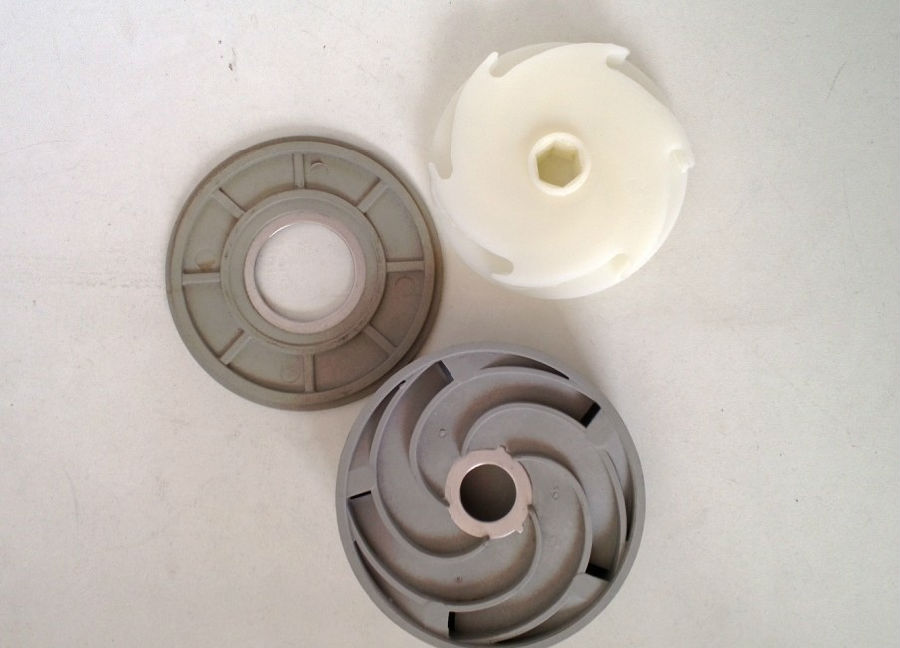
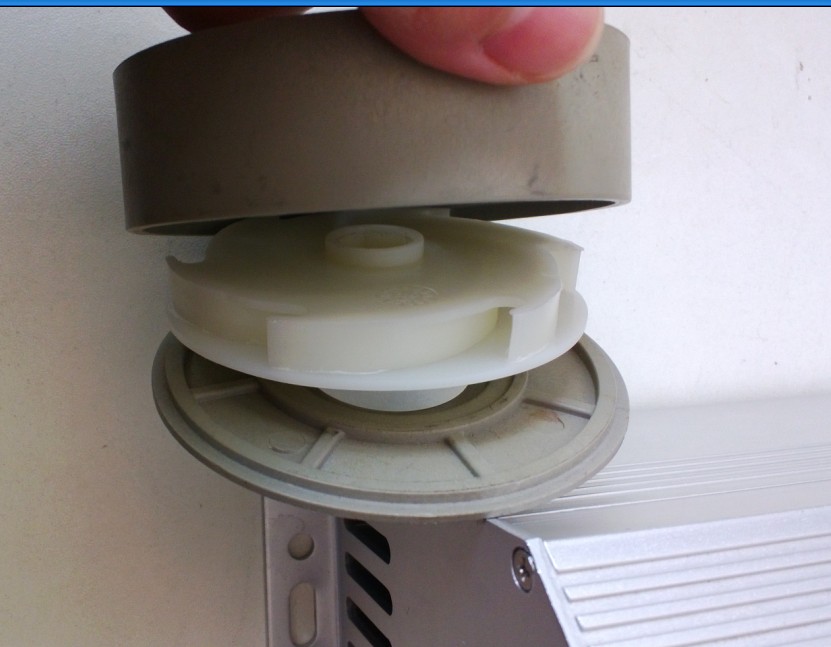
controller box:
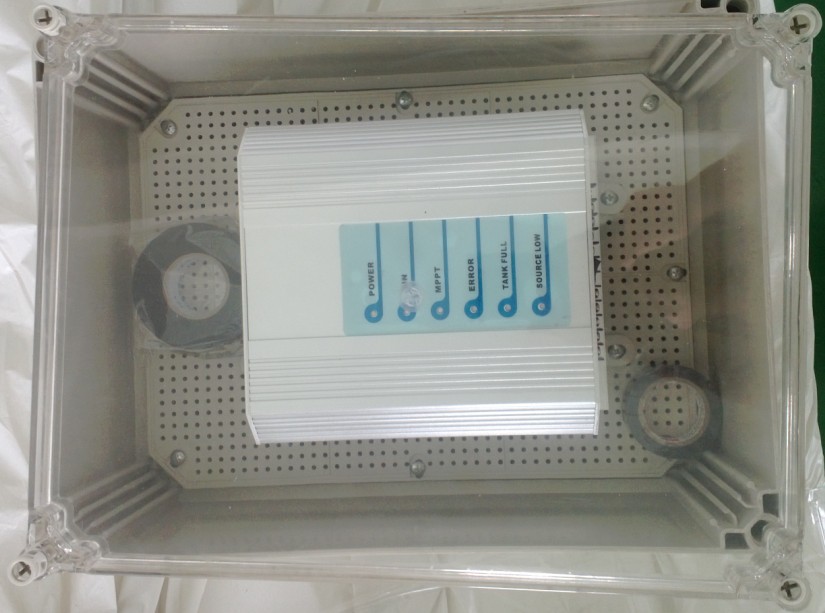
the senors:
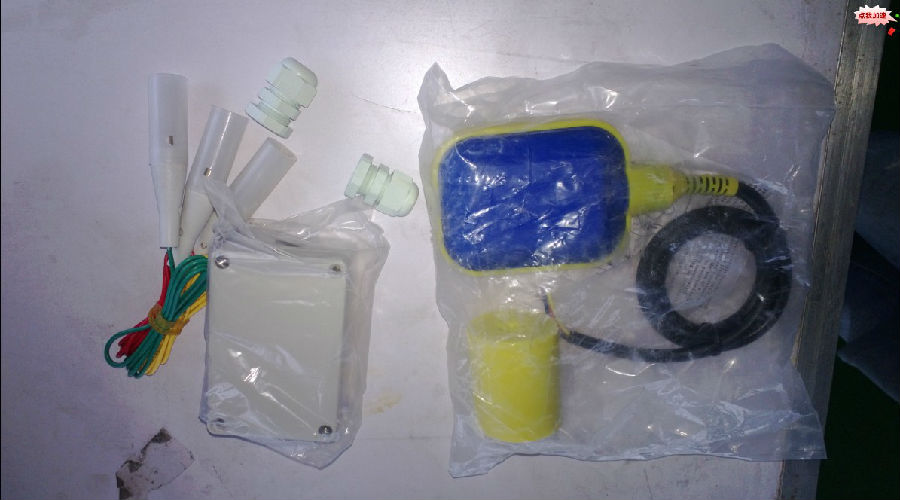
the test:
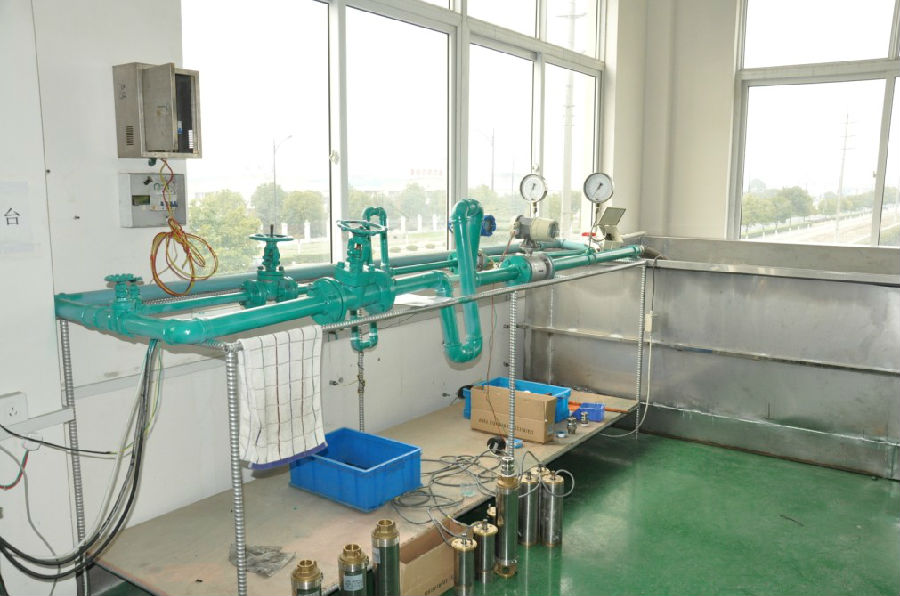
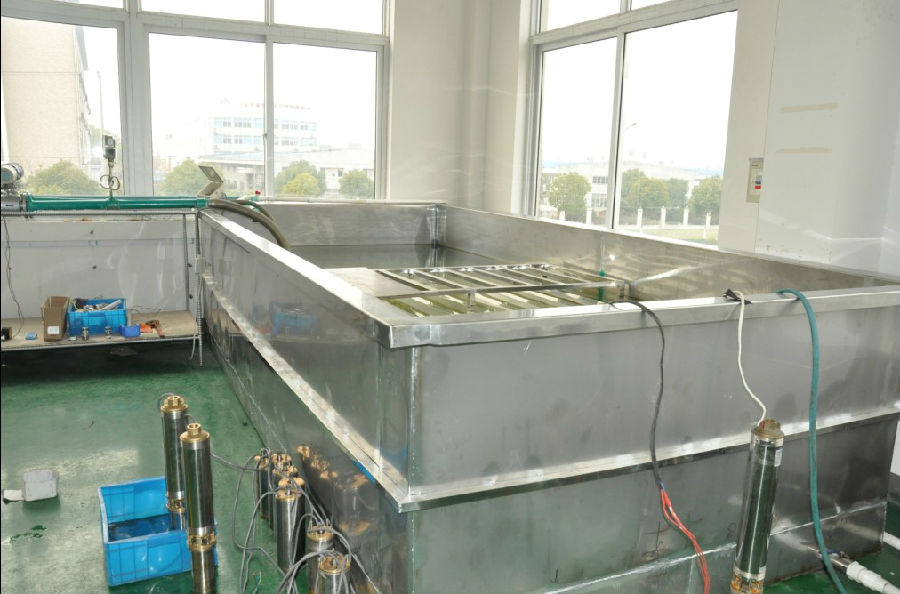
the application:
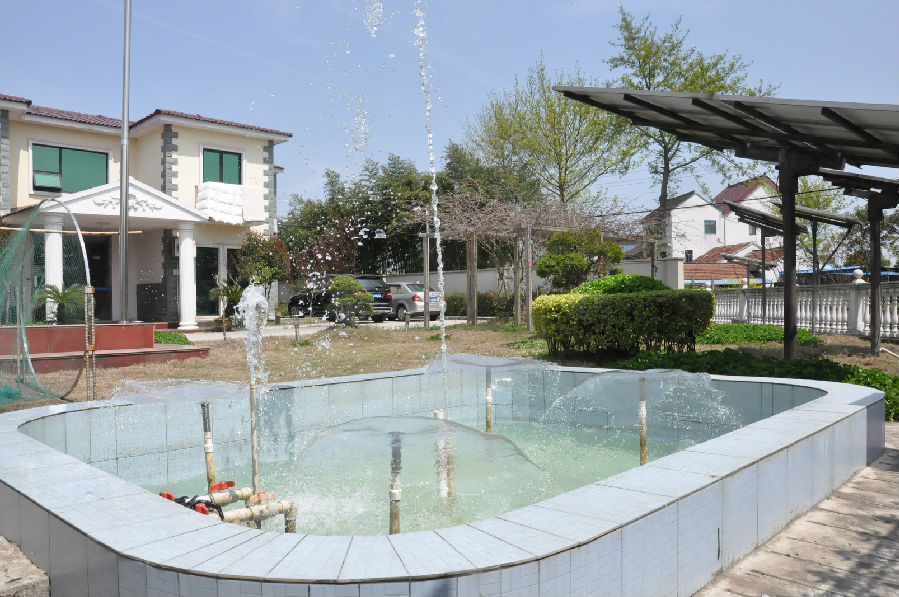
the package:
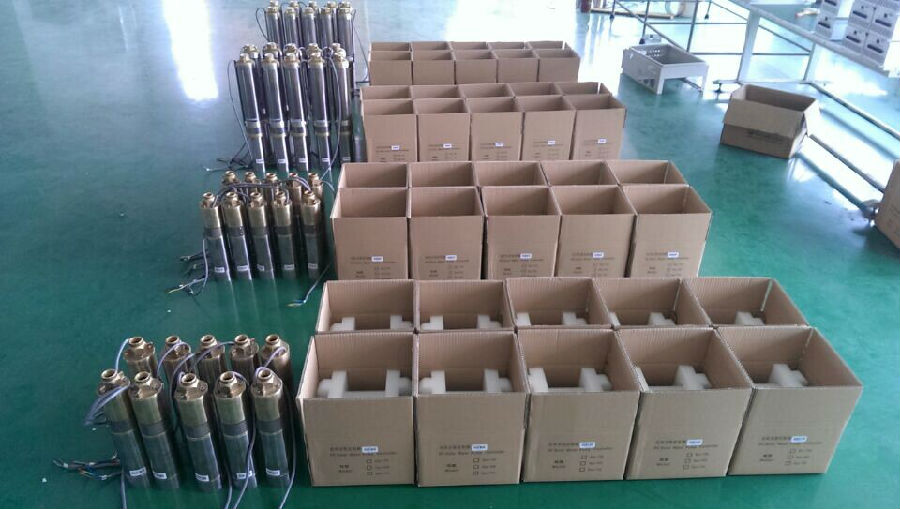
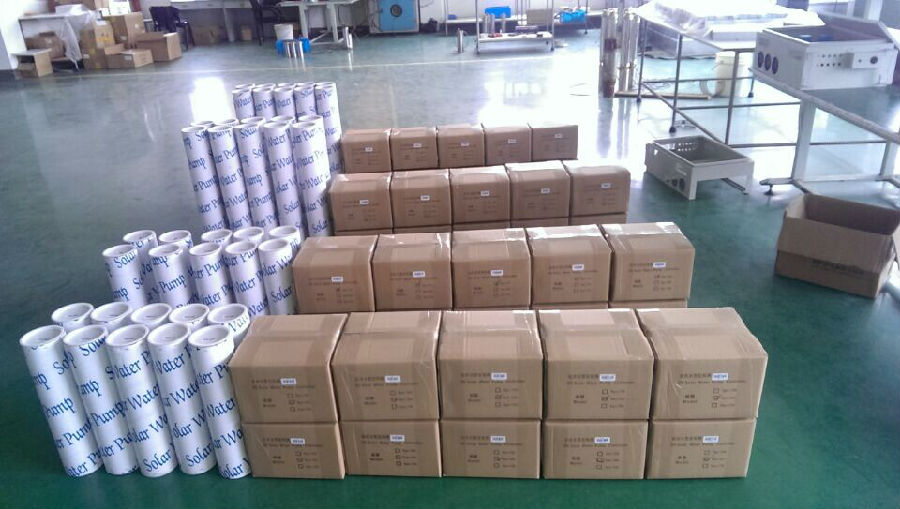
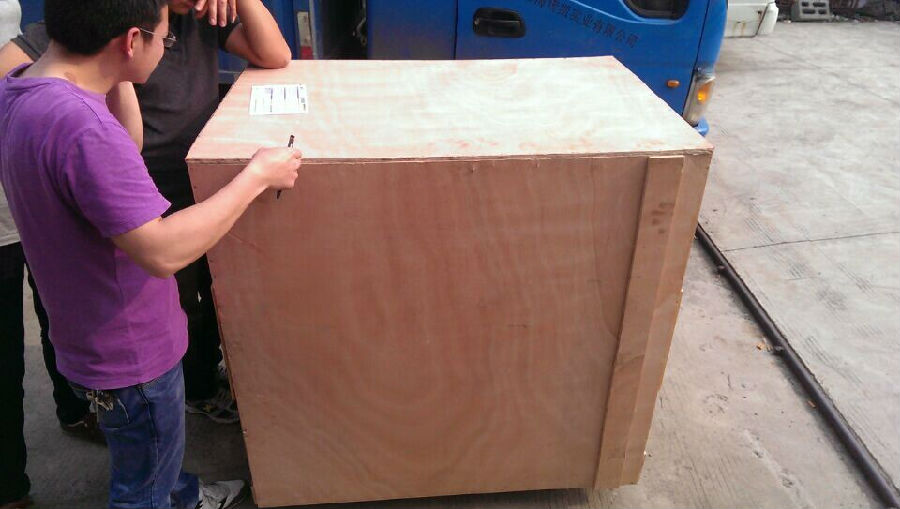
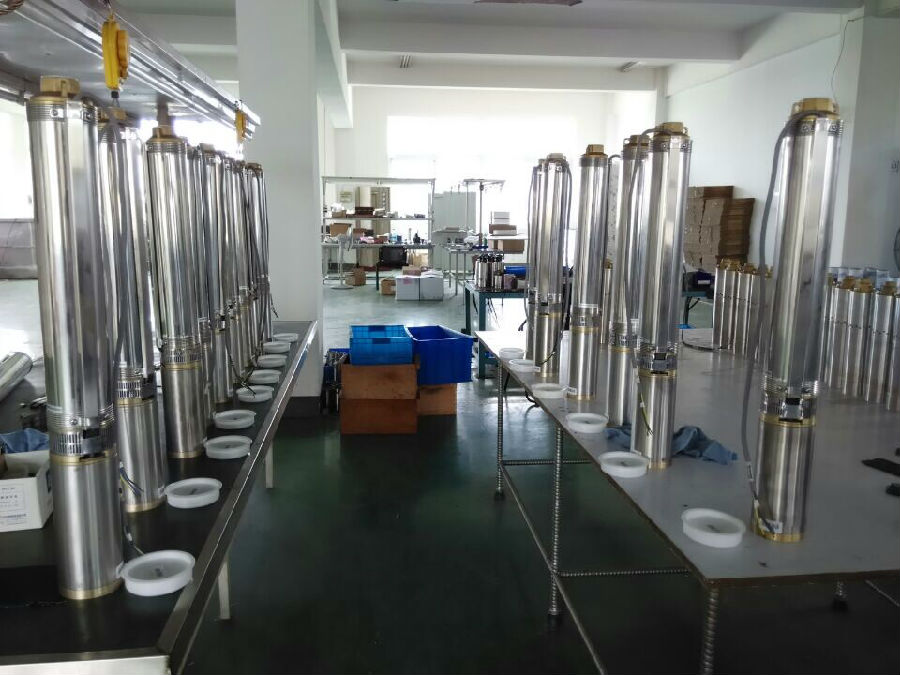
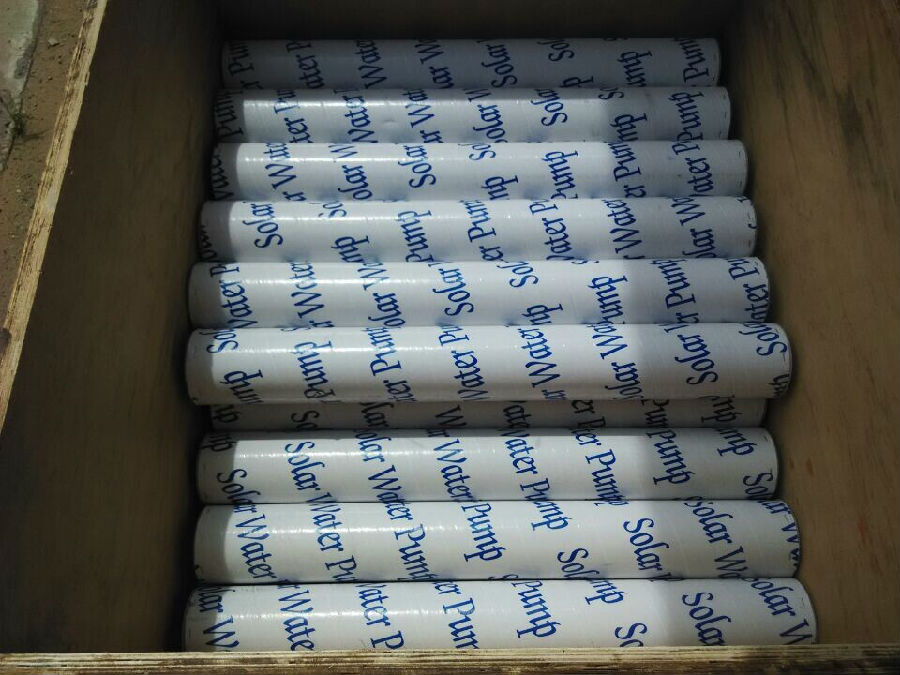
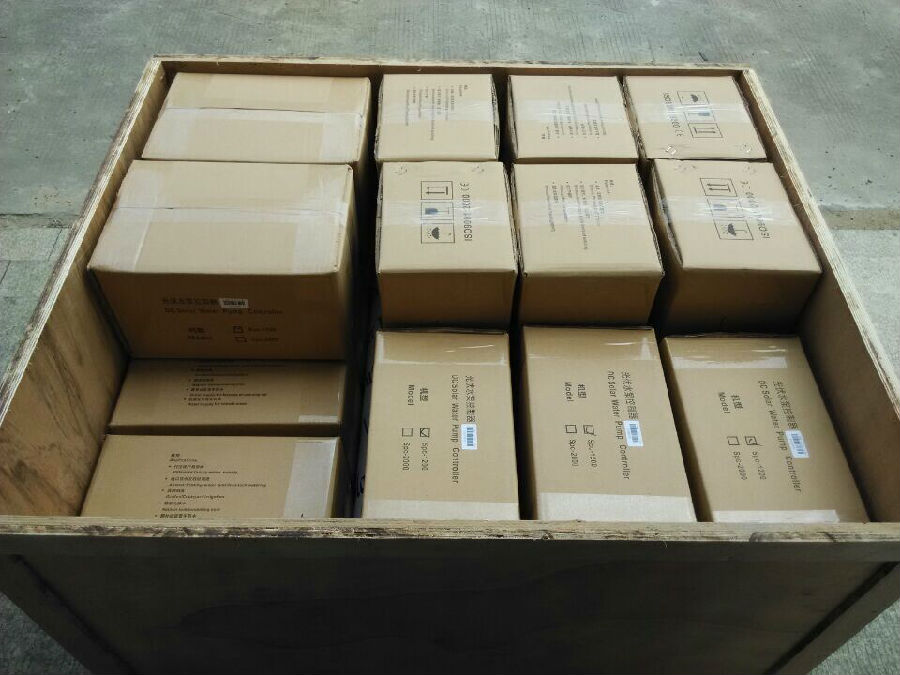
- Q: Can a solar pump be used for pond aeration?
- Yes, a solar pump can be used for pond aeration. Solar pumps are designed to run on solar energy, which makes them an eco-friendly and cost-effective solution for pond aeration. By using the power of the sun, these pumps can circulate water and create aeration in the pond, which is essential for the health of aquatic life. Aeration helps to maintain proper oxygen levels in the water, prevent the growth of algae, and improve overall water quality. Additionally, solar pumps are easy to install and operate, requiring minimal maintenance and no electricity costs. They are a practical and sustainable choice for pond owners who want to enhance the ecosystem of their ponds.
- Q: How does the tilt angle of the solar panel affect the performance of a solar pump?
- The tilt angle of a solar panel affects the performance of a solar pump by directly impacting the amount of sunlight it receives. A properly tilted solar panel can maximize the absorption of sunlight, leading to increased energy production and improved pump performance. On the other hand, an incorrect tilt angle can reduce the efficiency of the solar panel, resulting in lower energy output and decreased pump performance.
- Q: Can a solar pump be installed on a floating platform for water bodies?
- Indeed, it is possible to install a solar pump on a floating platform in water bodies. Floating solar pumps present an eco-friendly and innovative approach to water pumping in lakes, ponds, reservoirs, and similar locations. These pumps utilize solar energy to power the motor, which in turn draws water from the body of water and transfers it to the desired destination. Floating platforms serve as a stable foundation for the solar panels and pump, allowing for easy installation and maintenance access. The floating design also ensures that the solar panels are strategically positioned to receive optimal sunlight throughout the day, thereby maximizing the pump's efficiency. By installing a solar pump on a floating platform, several advantages can be attained. Firstly, it eliminates the necessity for costly and environmentally harmful infrastructure like pipelines or power lines. Moreover, it diminishes reliance on fossil fuels, thereby providing a clean and sustainable solution for water pumping. Additionally, floating solar pumps typically require minimal maintenance due to their fewer moving parts and absence of fuel requirements. The utilization of a floating platform also minimizes the impact on the water body itself. This approach avoids disruption to the natural ecosystem and reduces the risk of harm to aquatic life, as the floating platform can be easily relocated or adjusted as needed. In conclusion, a solar pump can indeed be installed on a floating platform in water bodies. This installation offers a sustainable, cost-effective, and environmentally friendly solution for water pumping, making it an ideal choice for various purposes such as irrigation, water supply, and aquaculture.
- Q: How do solar pumps handle water with high turbidity or particulate matter?
- Solar pumps are designed to handle water with high turbidity or particulate matter by incorporating filtration systems. These systems are equipped with filters that can effectively remove solid particles and sediments from the water before it reaches the pump. This ensures that the pump operates efficiently and prevents any damage or blockage caused by the presence of turbidity or particulate matter.
- Q: Can a solar pump be used in areas with limited access to water utilization?
- Yes, a solar pump can be used in areas with limited access to water utilization. Solar pumps are an efficient and sustainable solution for pumping water in remote locations where traditional electricity infrastructure is scarce or absent. They can be used to extract groundwater, irrigate farmland, provide drinking water, and support various water utilization needs in areas with limited access to water resources. The use of solar energy eliminates the need for grid electricity, making it a cost-effective and environmentally friendly option for pumping water in such areas.
- Q: What are the key components of a solar pump system?
- The key components of a solar pump system include the solar panels, which capture sunlight and convert it into electrical energy, a controller that regulates the flow and output of the pump, a motor that drives the pump, and a pump itself that moves water or other fluids. Additionally, a storage system may be included to store excess energy for use during non-sunlight hours, and a monitoring system to track performance and ensure efficient operation of the system.
- Q: Are there any limitations to the flow rate of a solar pump?
- Yes, there are limitations to the flow rate of a solar pump. The flow rate of a solar pump depends on various factors such as the size and capacity of the pump, the power output of the solar panels, the intensity of sunlight, and the depth of the water source. If the pump is not properly sized or the solar panels do not generate enough power, it may result in a lower flow rate. Additionally, if the water source is deep, the pump may need to work against higher pressures, which can also limit the flow rate. It is important to consider these limitations and properly size and design the solar pump system to ensure optimal flow rates for the intended application.
- Q: How does a solar pump handle water source contamination from radioactive materials?
- A solar pump does not have the capability to directly handle water source contamination from radioactive materials. However, it can be used in conjunction with appropriate water treatment systems that are specifically designed to handle radioactive contamination. These treatment systems can help remove or reduce the presence of radioactive materials in the water, making it safe for use.
- Q: How does a solar pump help in reducing dependence on fossil fuels?
- A solar pump reduces dependence on fossil fuels by utilizing the sun's energy to power the pump instead of relying on traditional fuel sources such as gasoline or diesel. By harnessing renewable solar energy, it decreases the need for non-renewable fossil fuels, helping to mitigate greenhouse gas emissions and promote sustainability.
- Q: Can a solar pump be used in areas with high salinity water?
- Yes, a solar pump can be used in areas with high salinity water. Solar pumps are designed to operate in a variety of water sources, including those with high salinity levels. However, it is important to consider the specific requirements and compatibility of the solar pump with the salinity levels in order to ensure proper functioning and longevity of the system.
Send your message to us
Small Pond Solar Deepwell Water Pump
- Loading Port:
- Shanghai
- Payment Terms:
- TT OR LC
- Min Order Qty:
- -
- Supply Capability:
- 300 set/month
OKorder Service Pledge
Quality Product, Order Online Tracking, Timely Delivery
OKorder Financial Service
Credit Rating, Credit Services, Credit Purchasing
Similar products
Hot products
Hot Searches
Related keywords

